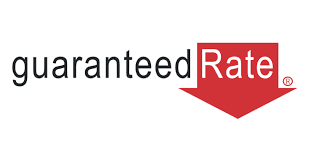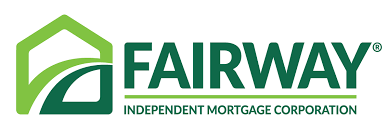Lender LendingTree rating and “best of” category Lender review


Refinance loansRead our review


VA loansRead our review


Jumbo loansRead our review


Online mortgage experienceRead our review


FHA loansRead our review


Home equity loansRead our review


Mortgage loan varietyRead our review
![]() Learn more about how we chose our list of the best mortgage lenders.
Learn more about how we chose our list of the best mortgage lenders.
Like all states, Kansas has certain regulations and taxes that buyers need to consider when shopping for a home. Here is what you should know:
Kansas law requires both sellers and their real estate agents to disclose any known conditions or defects that might affect the value or functionality of a home. This information needs to be provided in both the written sales contract and any related addenda. Sellers must also disclose information on radon, environmental pollutants and lead-based paint.
Kansas is a judicial foreclosure state, which means lenders must go through a court to foreclose on homeowners who can’t pay their mortgage rather than trying to work with them outside of a courtroom.
Homeowners going through a divorce should know that Kansas is an equitable distribution state. This means courts allocate all assets, including property, and all debts to each spouse based on multiple factors, including, but not limited to, age, duration of the marriage and each spouse’s current and future earnings. By contrast, some states are community property states, which means assets and debts are split 50/50.
In Kansas, buyers do not need to be represented by a lawyer at closing, as is the case in some states. Instead, they can turn to a closing agent, such as a representative of a title company.
Kansas homebuyers do not pay real estate transfer taxes. The state repealed its real estate transfer tax mandate in 2014, making it the first state in the country to do so. The repeal took full effect in January, 2019.
Buyers do pay a document recording fee to their county’s register of deeds before the mortgage is filed. The loan amount determines the amount of the fee, which the state caps at $125 for properties valued under $75,000. As you near your closing date, your lender will let you know the exact amount you will need to pay.
According to Tax-Rates.org, Kansas ranks 26th in terms of the average amount of property taxes homeowners pay, with a median tax rate of 1.29%. This works out to an annual tax payment of $1,625, based on a $125,500 home. As with most states, individual counties often establish their own rates, so some counties in Kansas may have higher or lower rates.
In Kansas, homeowners can reduce their annual property taxes by taking advantage of the state’s Homestead Refund, a rebate program that refunds eligible homeowners up to $700 per year. Alternatively, low-income homeowners age 65 and older can claim the state’s Safe Senior Property Tax Refund, which returns 75% of any property taxes paid.
The conforming loan limit for a single-family home in Kansas is $484,350, which is the limit in place for most of the U.S.
Conforming loan limits represent the maximum amounts two government-sponsored enterprises, Fannie Mae and Freddie Mac, are willing to guarantee on conforming loans, which usually provide the best interest rates to buyers who have good credit. Loans above conforming loan limits are considered to be jumbo loans, which often come with higher interest rates and require higher credit scores.

In Kansas, several city- and statewide programs are available to make homeownership more affordable. In addition to the options highlighted here, homebuyers can learn more about Kansas homebuyer programs at this website from the U.S. Department of Housing and Urban Development (HUD).
The Kansas Housing Resources Corporation offers a forgivable loan for 15% to 20% of a home’s purchase price, which can be used to pay down payment and closing costs.
Buyers who qualify:
Leavenworth, a city in eastern Kansas, provides up to $8,000 in grant funds that can help low-income buyers reduce their mortgage principal and pay for down payment and closing costs. Homeowners who have moderate incomes can receive up to $5,000.
Buyers who qualify:
The City of Topeka can help a first-time buyer obtain financing and provide assistance with closing costs and up to $30,000 for repairs or purchase costs.
Buyers who qualify: